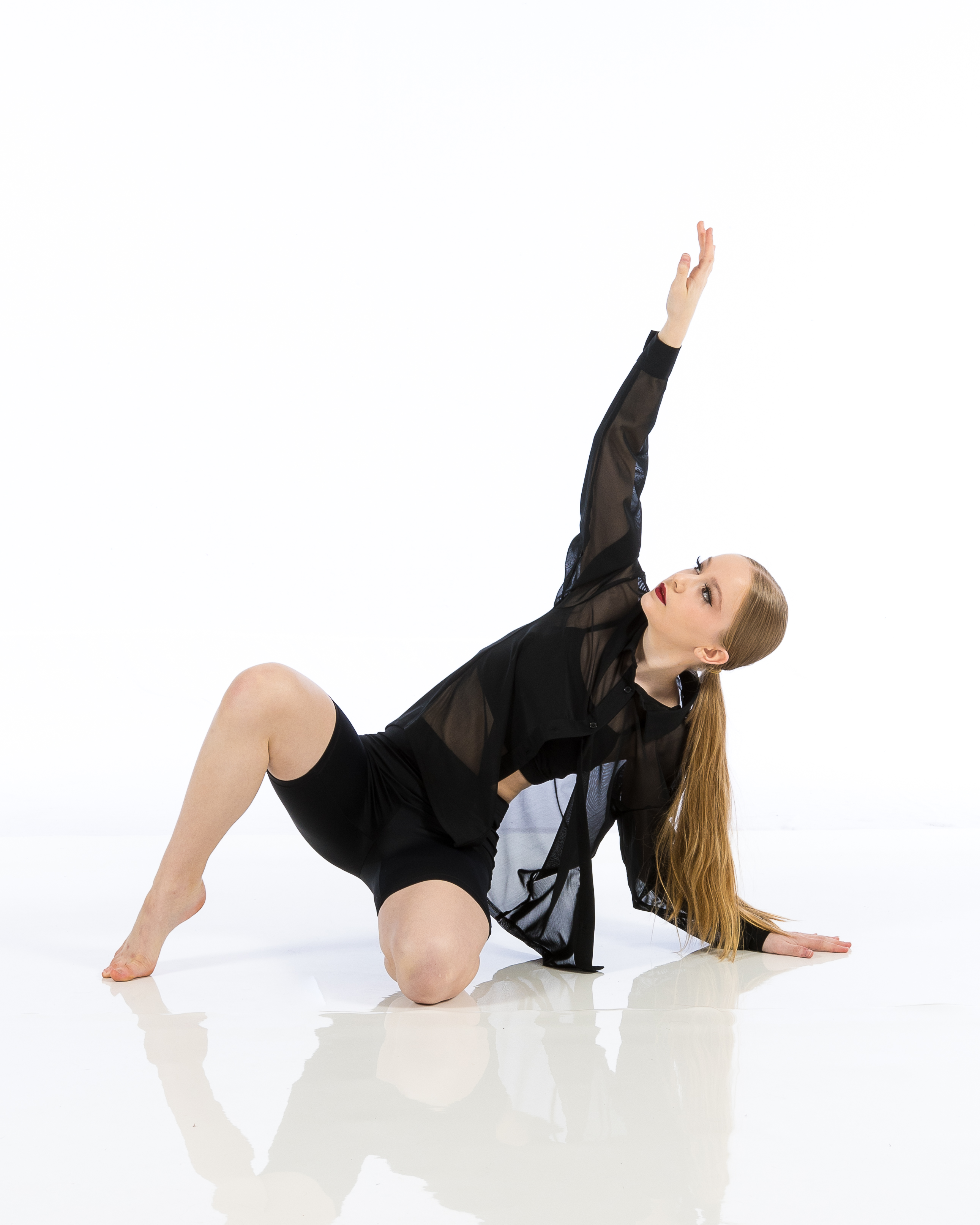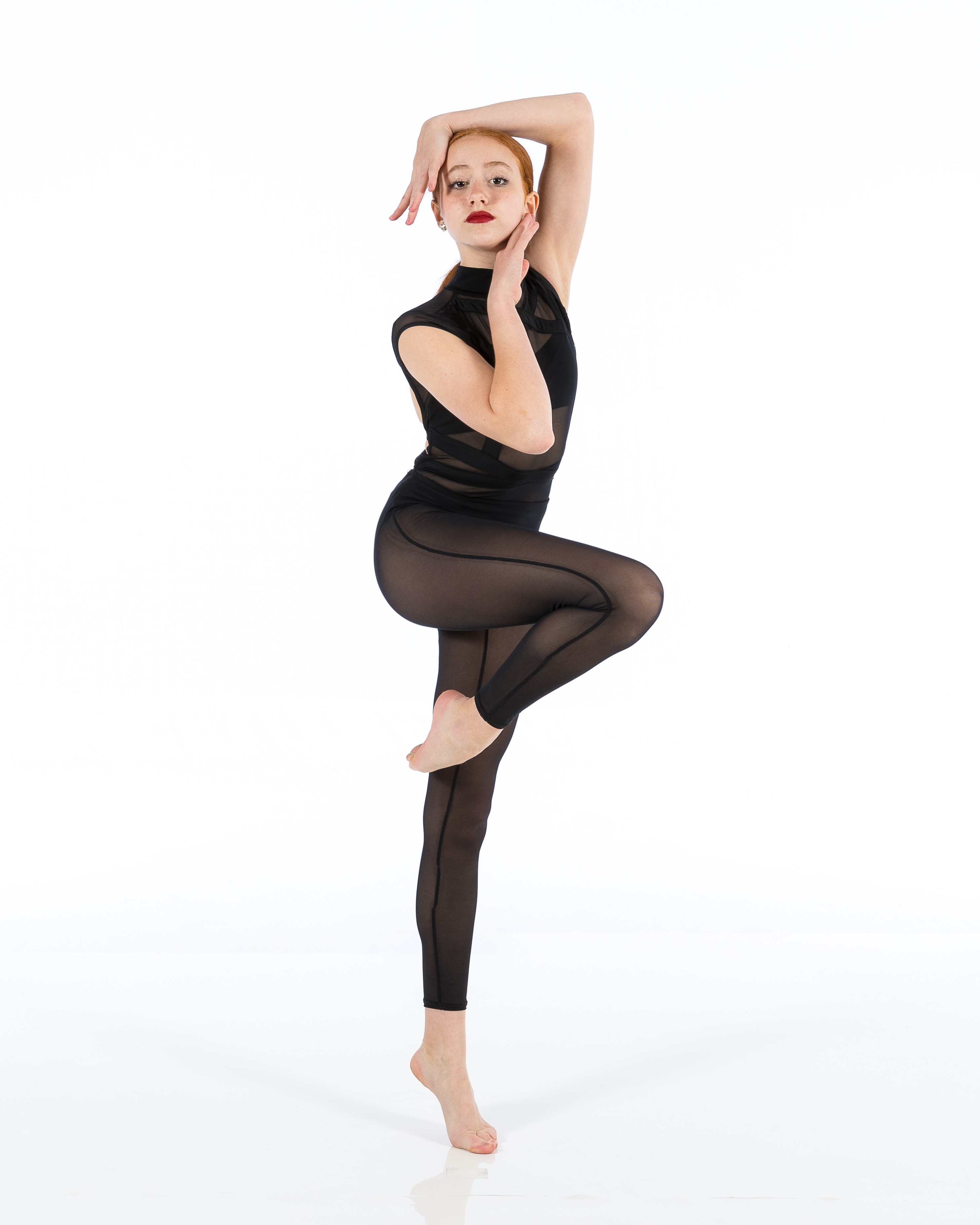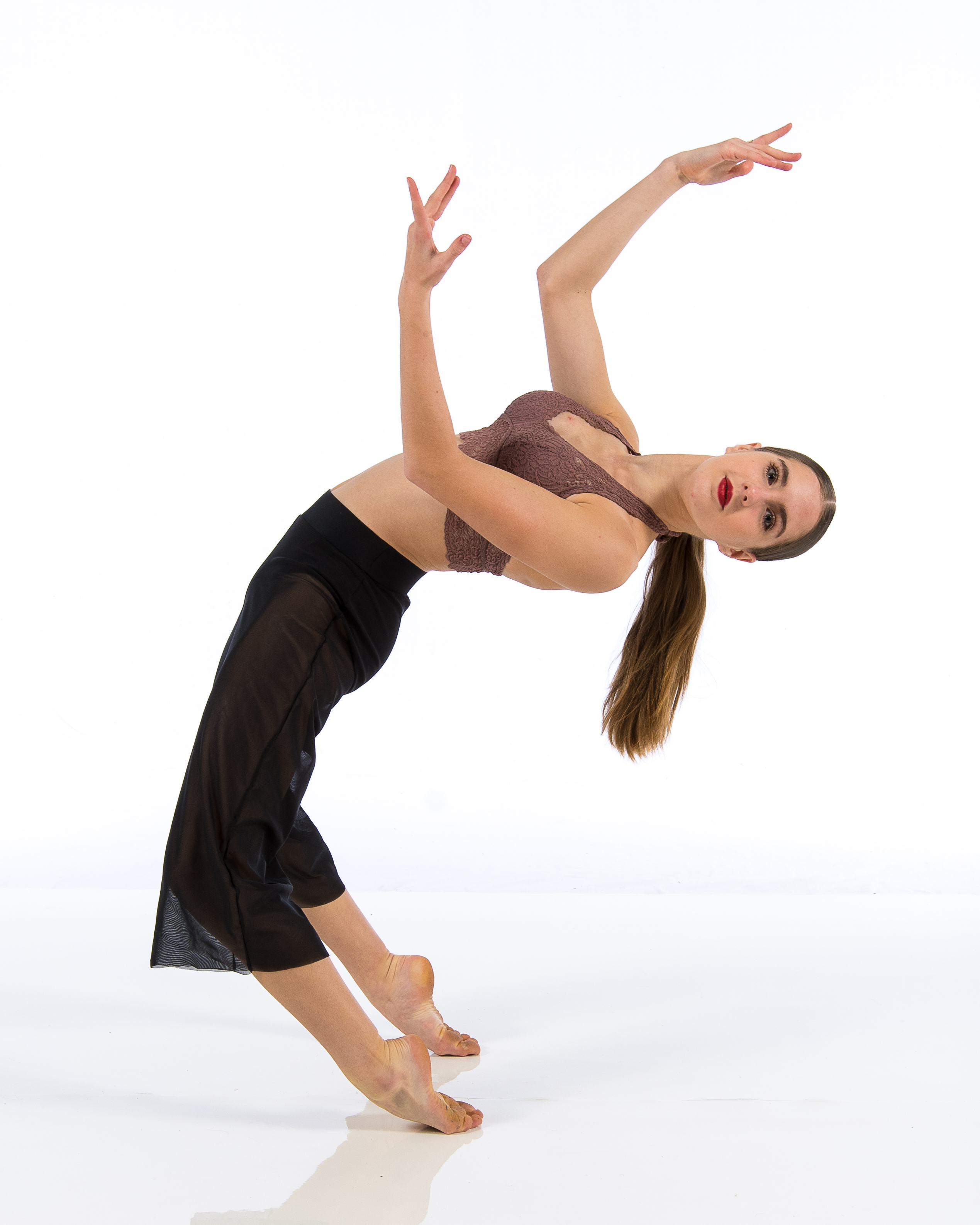Introduction
Stepping right into a dance studio for the first time is an exciting experience, one that can mix a mixed drink of emotions-- exhilaration, anxiousness, anticipation. Whether you're an experienced dancer or simply beginning your trip, understanding the subtleties of dance studio decorum can raise your experience and improve your partnerships with instructors and fellow dancers alike. In this detailed guide, we'll dive deep right into Mastering Dance Studio Etiquette: Necessary Tips for Beginners and Pros Alike
From standard regulations to advanced considerations, this post will certainly cover everything you require to know about navigating the vivid globe of dance workshops. So tighten those shoelaces and let's obtain started!
The Importance of Dance Studio Etiquette
Why Decorum Issues in Dance Studios?
In any type of imaginative environment, decorum plays an essential duty in keeping harmony and regard amongst individuals. Dancing studios are no exception. Excellent rules cultivates a positive atmosphere where imagination can flourish.
- Respect: Being thoughtful towards teachers and fellow dancers develops mutual respect. Focus: Etiquette reduces disturbances, permitting everyone to concentrate on learning. Community: Etiquette aids produce an encouraging area that urges development and camaraderie.
Common Mistaken beliefs Regarding Dance Studio Etiquette
Many newcomers hold false impressions about what constitutes appropriate actions in dance studios. Let's expose some misconceptions:

- Myth 1: "Just innovative professional dancers require to adhere to etiquette." Fact: Etiquette is crucial for all levels; it mirrors professionalism. Myth 2: "Instructors are as well rigorous about regulations." Fact: Teachers enforce rules to maintain order and respect.
Basic Dance Studio Decorum for Beginners
Dress Code: What to Wear?
First impacts matter! The best clothing not only reflects your commitment but additionally enhances your performance. Here's just how to clothe suitably:
- Comfort: Select clothes that permit free movement. Footwear: Invest in good-quality footwear fit to your dancing style.
|Dance Design|Recommended Outfit|| -------------|-------------------------|| Ballet|Leotard, leggings, ballet slippers|| Hip-Hop|Baggy apparel, tennis shoes|| Tap|Comfy clothes, tap shoes|
Arriving in a timely manner: Punctuality is Key!
Being late can interrupt the whole class. Aim to come to least 10 mins early to:
- Warm up. Settle in mentally.
Tip: If you're running late due to unexpected conditions, notify the instructor beforehand.
Quiet Zone: Preserving Silence Before Class
Dance studios flourish on focus. Maintain discussions to a minimum prior to course begins to make sure every person can prepare mentally.
Intermediate Dance Studio Decorum: Building Relationships
Respecting Individual Room in Class
Every professional dancer deserves their space throughout session. Stay clear of crowding others while practicing actions or routines.
Why It Matters: Valuing individual space promotes comfort and promotes far better learning experiences.
Listening Proactively During Instructions
When an instructor is speaking, it's critical to listen. Energetic paying attention demonstrates respect and helps you grasp vital concepts.
How To Program Energetic Listening:
Maintain eye call with the instructor. Nod when appropriate. Ask making clear questions if needed.
Advanced Dance Studio Decorum: Boosting Your Experience
Providing Constructive Responses Wisely
As you grow more experienced, sharing feedback enters into the society. However, technique this naturally:
Focus on specific motions instead of general critique. Offer recommendations only if obtained by peers.Encouraging Others: Building Area Spirit
Support your other professional dancers through encouragement:
- Compliment their efforts genuinely. Celebrate their achievements openly.
Mastering Dance Studio Decorum: Essential Tips for Beginners and Pros Alike-- The Teachers' Perspective
Understanding Instructor Expectations
Instructors normally have certain assumptions pertaining to behavior in class. Acquainting on your own with these can greatly boost your learning experience:
Listen diligently when they speak. Follow directions precisely. Give your best effort throughout every session.Building Connection with Your Instructor
Establishing an excellent relationship with trainers can be useful for your growth as a professional dancer:
- Ask inquiries connected to choreography or method after class. Thank them for their assistance post-class; gratitude goes a long way!
Handling Conflict Beautifully in the Dance Studio Environment
Dealing with Disagreements Amongst Peers
Conflicts might occur within any type of group setup; understanding how to manage them with dignity is important:
Approach the person independently without escalating tension. Use "I" declarations instead of "you" declarations (e.g., "I really felt ignored when ...").Addressing Issues with Instructors Professionally
If you have worries concerning direction or classroom dynamics:
Request an exclusive conference after course hours. Express your feelings constructively focusing on solutions as opposed to complaints.The Duty of Non-Verbal Communication in Dancing Studios
Understanding Body movement Signals
Dance naturally entails non-verbal interaction; comprehending just how body movement functions in this context is important:
Positive body movement (e.g., open stance) cultivates connection. Negative signals (gone across arms) could convey defensiveness or disengagement.Using Eye Get in touch with Effectively During Classes
Maintaining eye call with trainers communicates attentiveness while additionally assisting construct rapport among peers during group performances!
FAQs
Q1: What must I put on for my first dancing class?

A1: Choose comfortable apparel that enables free motion-- yoga exercise trousers or tights paired with an equipped top jobs well!
Q2: Is it okay to miss out on courses occasionally?
A2: Life occurs! Educate your instructor beforehand preferably; they'll appreciate your consideration.
Q3: Just how do I take care of feeling shy around other dancers?
A3: Start small-- introduce yourself individually prior to increasing interactions progressively as familiarity grows!
Q4: Can I bring pals along to observe classes?
A4: A lot of studios choose prior setups; talk to management first so they understand extra attendees!
Q5: Suppose I differ with a teacher's feedback?

Q6: Should I take part in performances even if I'm new?
A6: Absolutely! Taking part increases self-confidence-- speak out concerning any doubts so accommodations can be made accordingly!
Conclusion
Mastering dance studio etiquette isn't almost complying with guidelines; it's about growing an enhancing setting where everyone really feels valued and inspired-- whether you're simply beginning or refining sophisticated strategies as a skilled pro! By adhering very closely to these necessary ideas laid out right here under Mastering Dance Studio Etiquette: Necessary Tips for Beginners and Pros Alike, not only will you improve your own experience but also contribute favorably in the direction of supporting a welcoming community within each dance studio you elegance with your existence! So take these understandings onward into every workshop room you get in-- and allow the rhythm bring you towards excellence!